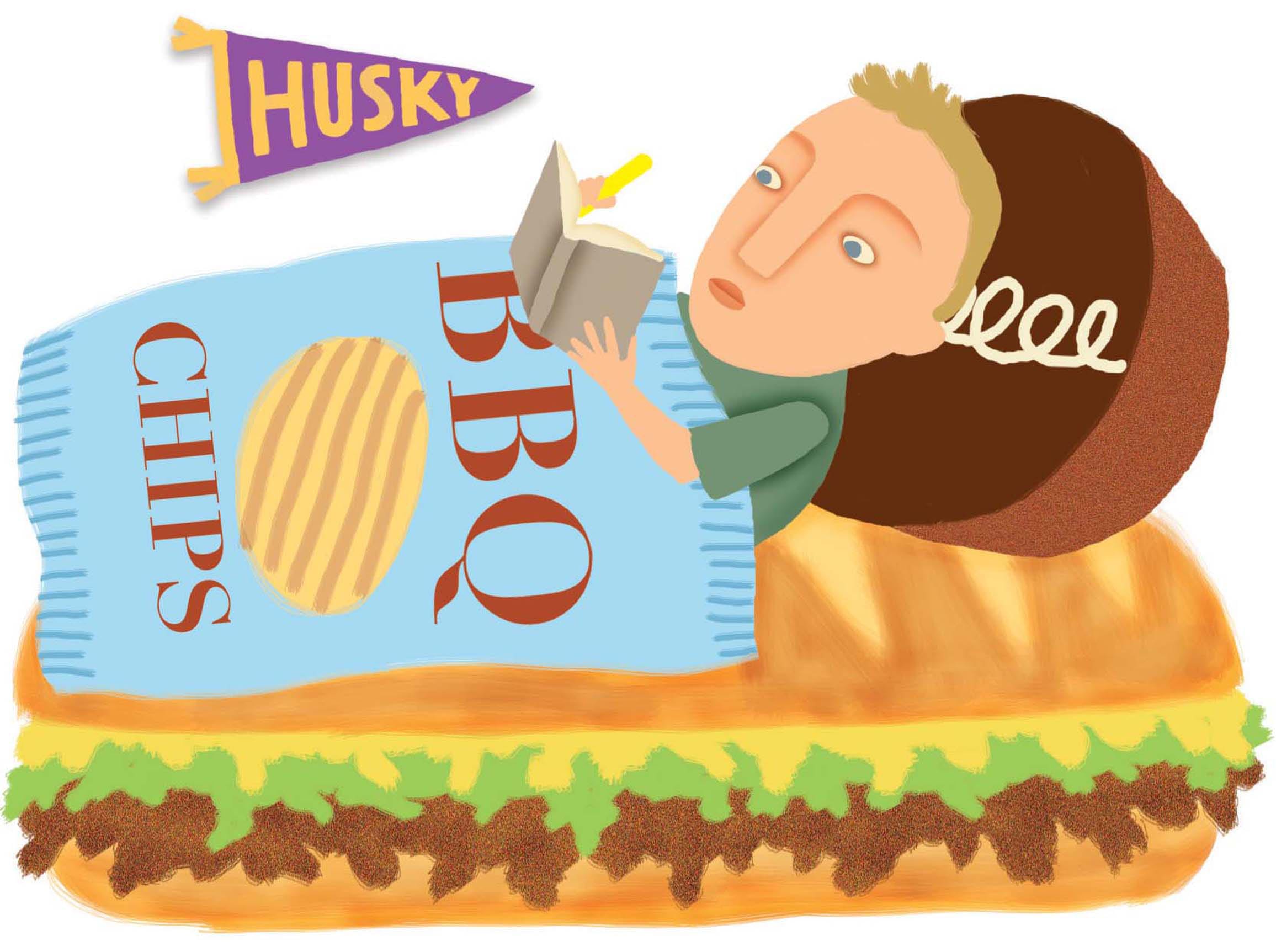Sleep. Oh, to sleep.
A good night’s sleep is often a struggle for more than half of American adults. And for occasional insomnia, there are good reasons to avoid using medications, whether over the counter or prescription.
We’ve all heard about home remedies such as warm milk, chamomile tea with honey, or a shot of bourbon or brandy as a nightcap. On the Internet, you can find claims about all kinds of foods that help with sleep: fish, cherries, lettuce, miso, yogurt, bananas, almonds, eggs, edamame, pineapple, jasmine rice, potatoes, cereal, to name a few. Is this just click bait for insomniacs staring at their screens at 11:30 p.m.? What does the science say?
Michael Grandner, a sleep researcher at the University of Pennsylvania, says the best way to start adjusting your diet is to eliminate foods that interfere with sleep. “The obvious one is caffeine,” he says, “but people forget about it.” They’ll drink a soda at dinner or have a cup of coffee with dessert. Caffeine typically stays in the body for four to six hours, he says, “but some people are more sensitive and the effect might last twice that long.”
Alcohol is also bad for sleep. While it may make it easier to doze off, it makes your sleep more shallow, Grandner says. “It suppresses REM sleep early in the night, which can lead to REM rebound later,” which can wake you up. Also, as alcohol is metabolized, one of its byproducts has stimulant action. Grandner also says to avoid nicotine, large meals and spicy foods at dinnertime.



